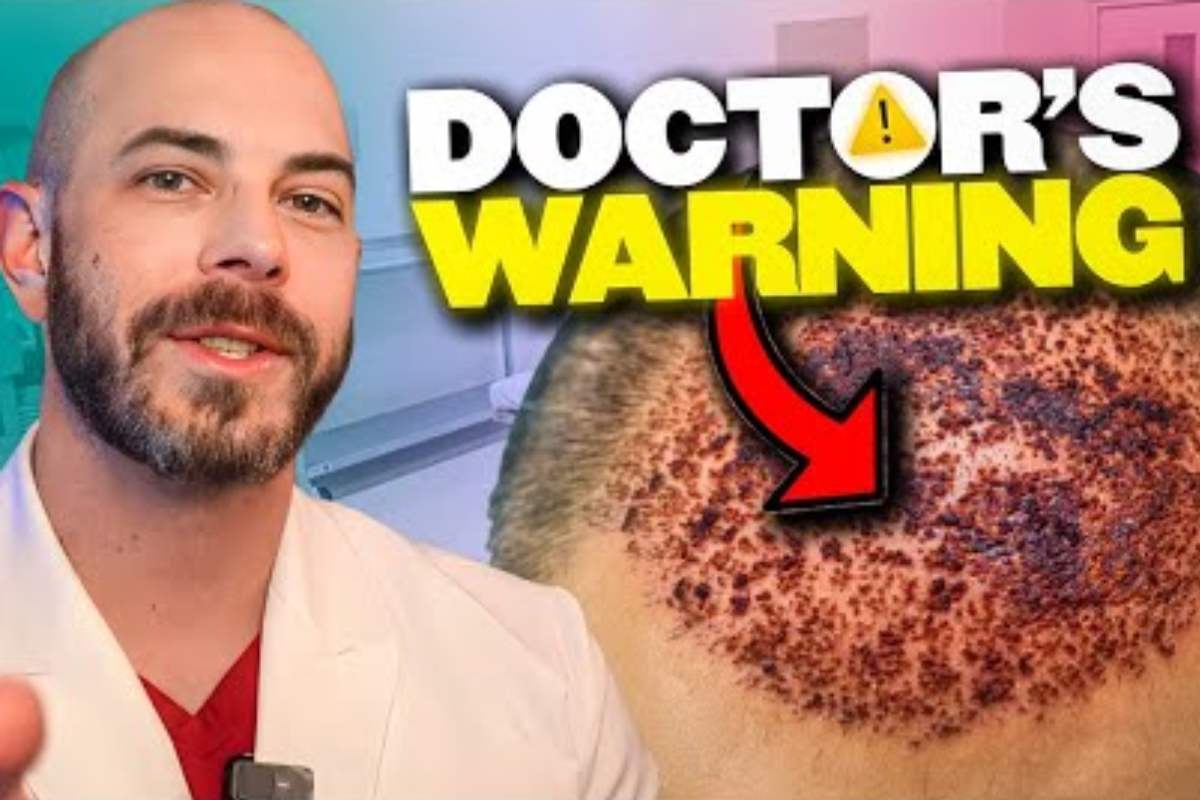Do you see more hairs in your hands when you shampoo? Are you watching your precious hairs go down the shower drain? Are you pulling more hairs out of your brush?
If you’re worried about hair loss, maybe you’re starting to think about hair restoration. Is a hair transplant right for you? What other options besides surgery are available? You know there are a few hair-loss drugs, but don’t know much about them.
Sometimes an internet search can leave you more confused than anything. What’s the next step? Maybe you should talk to a medical professional, but who?
Your PCP
If you’re like many people, you might have a primary care physician (PCP) you turn to for general, everyday care. For reference, a “PCP” is usually board certified in Family Practice or Internal Medicine, so they cover a large breadth of knowledge but are not “specialists.”
PCPs attend to many patients and are able to manage a wide range of maladies: blood pressure, diabetes, thyroid issues, chronic back pain, sore throats, and so on.
While there’s no reason your PCP can’t discuss hair loss or hair restoration with you, it might not be the best option.
To the average PCP, hair loss doesn’t rank high on the list of pressing health concerns. It’s not a life-threatening condition and treatments generally aren’t covered by insurance. Plus, most PCPs won’t have an extensive background to discuss hair loss disorders. Thus, if you do choose to talk to your PCP about hair loss, the best option is to ask him/her for a referral to a dermatologist.
Dermatologist
Dermatologists are specialists; therefore, they focus on a far-narrower spectrum of healthcare. When it comes to discussing hair restoration with a medical professional, a dermatologist is probably the best choice. Hair is considered a “skin appendage.” That means it originates from and is an integral part of the skin. So, hair follicles and hair-related problems are an inherent dermatological issue. More importantly, dermatology is the only medical specialty that requires doctors to be trained in the diagnosis and treatment of hair-related disorders.
Since hair loss is a recognized part of their field, dermatologists not only have more experience and training, but also greater motivation for staying up-to-date on the latest hair-loss treatments and technologies.
What’s Happens Now?
Your dermatologist will probably first ask you a list of questions about your hair loss:
1) Lifestyle (e.g., hair care practices, sudden weight loss, recent surgery, diet restrictions, etc.)
2) Medications or Supplements you’re taking
3) Family history (yes, genetics plays a major role in certain types of baldness).
4) Current illnesses
5) Length of time you have been noticing hair loss and related symptoms (itching, flaking, etc)
Your dermatologist might also conduct a direct examination of the scalp looking for signs of inflammation or alopecia (medical term for hair loss).
Based on your answers to the medical questions and their examination of your scalp, the dermatologist might next:
1) Order additional tests and/or screenings – If your dermatologist suspects there are other factors at play besides pattern baldness, he/she might want to perform a biopsy or rule out other conditions such as vitamin deficiencies or anemia.
2) Prescribe medications – Your dermatologist might decide to guide you through treatment on Minoxidil (Rogaine) and/or Finasterida (Propecia). Both these drugs are FDA approved for male pattern hair loss and are shown to grow hair in some patients.
3) Make a referral – Hair Restoration surgeons are even more specialized, so most general dermatologists do not perform hair transplant procedures; however, they may know whether or not you are a good candidate. He/she should be able to refer you to a reputable hair surgeon near you or guide you to the International Society for Hair Restoration Surgeons (ISHRS) website to help you locate one.
4) Schedule a hair restoration procedure – If your dermatologist is recognized by the ISHRS or the American Board of Hair Restoration Surgery and is a practicing hair restoration surgeon, he/she might recommend a procedure and schedule you.
Conclusion
If your hair loss is causing you significant distress, it’s important to talk to a qualified doctor about it. Start with the right specialist to help you determine why you are losing your hair and if a hair transplant is right for you.
The surgeons at Limmer Hair Transplant Center are Board Certified Dermatologists and active members of the ISHRS. Dr. Jennifer Krejci, M.D., and Dr. Bobby Limmer, M.D., have years of experience and training in hair loss and hair transplantation.
Contact Limmer Hair Transplant Clinic today for a consultation.







